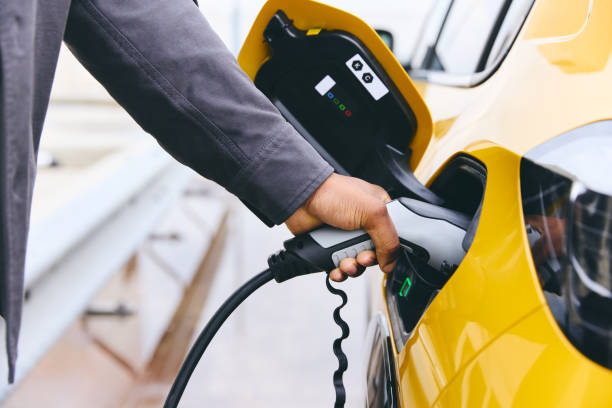A new study from Juniper Research, based in Basingstoke, U.K., found the total number of electric vehicle (EV) charging stations globally is expected to nearly triple over the next five years. The study predicts the number of EV charging stations rising to roughly 64 million worldwide from an estimated 21.8 million in 2024.
The research found that private EV sales have slowed in the last year due to a number of factors. A main factor is what is referred to as ‘range anxiety’ which means the concerns that EV owners have about driving any distance without being able to locate a charging station. At the same time, governments have reduced EV purchase subsidies for consumers.
Rather, government support has shifted to building an extensive EV charging infrastructure that is essential to widespread EV adoption. The study points to new initiatives such as the On-street Residential Chargepoint Scheme in the U.K., and the bipartisan Infrastructure Law in the U.S. as examples of initiatives for expanding EV charging networks. Public EV charging stations are being located at workplaces, in communities and along public highways.
The research identified the long duration of charging sessions and the impracticability of charging on the go as key barriers to wide-scale EV adoption. It calls for service stations and retail outlets to take advantage of government EV charge point initiatives by installing rapid direct current (DC) chargers. By doing this now, the study suggests that infrastructure providers will avoid paying for costly upgrades in the future.
Newer DC fast chargers are available in Ultra-Fast 150 kW and Hyper-Fast 350 kW units compared to earlier models that were limited to 22 kW. This higher output capacity results in newer EV models, such as the Porsche Taycan and Hyundai IONIQ 6, becoming a more appealing option for potential EV buyers, due to significantly reduced charging times of 20-30 minutes or less via public charging services.
The study predicts that the U.S. and U.K. will be the largest two adopters of emerging EV charging technology, accounting for over 45 percent of infrastructure by 2029.





Reader Interactions